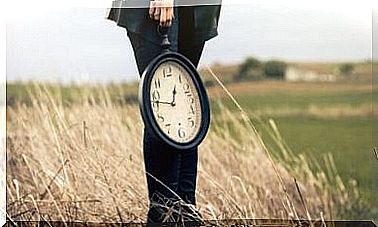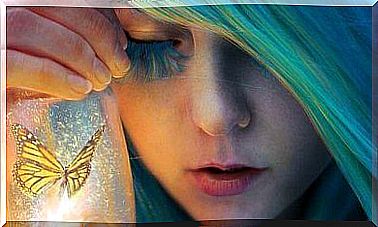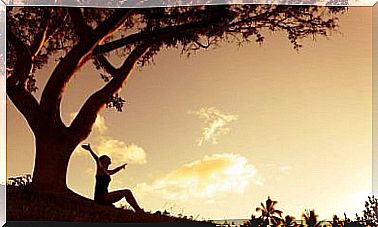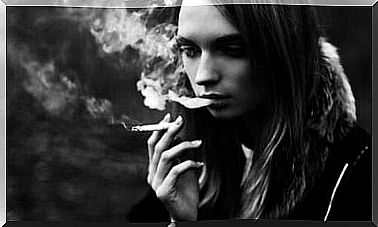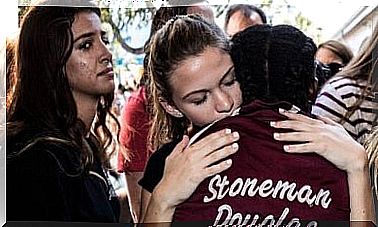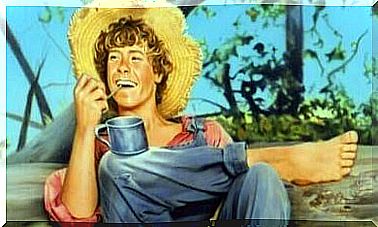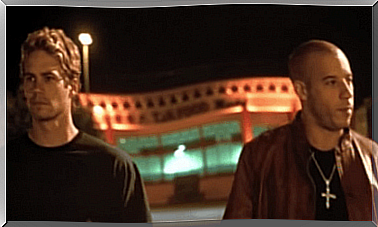Among The Wolves: The Story Of The Child Who Survived In The Middle Of Nature
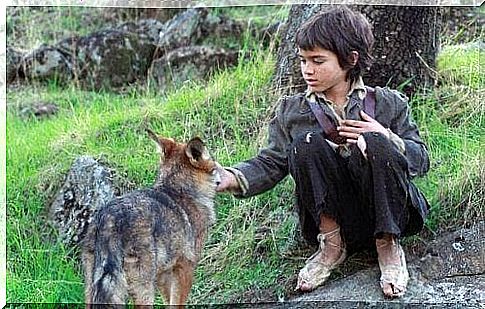
“I feel like I’ve learned a lot from wolves and very little from men.” This is the phrase that perfectly defines much of the life of Marcos Rodriguez Pantoja, the child from Cazorla, Spain, who lived in the midst of nature after the war, with wolves as his only company.
Marcos had 12 years to fight to survive, and he succeeded: he learned to get food, make clothes and live with the pack.
Since his father did not have the means to support it, he had to sell it to a shepherd, who died in the middle of the woods, leaving him completely alone at the tender age of 7. No one could have imagined that, 12 years later, this child was still alive and that he had become the strong man who was found.
Today Marcos feels he cannot adapt to society and believes that the world of men is too superficial: “People only care what clothes you wear, whether you have matched them well or not”.
He can’t understand why humans complain so much, when in reality they have everything they need to carry on, to survive and be happy.
he was the first to say that this wild stage was one of the happiest of his life, because he learned to hunt and because he never lacked food.
Wolves as one family
When Marcos was alone in the woods, he never imagined that he would soon have company, that a family would soon come to welcome and cuddle him. It was a pack of wolves that decided to adopt it.
The boy began to give the meat he had hunted to the wolves. Now he no longer hunted wolf cubs, so the older wolves began to trust him and treat him as one of their own.
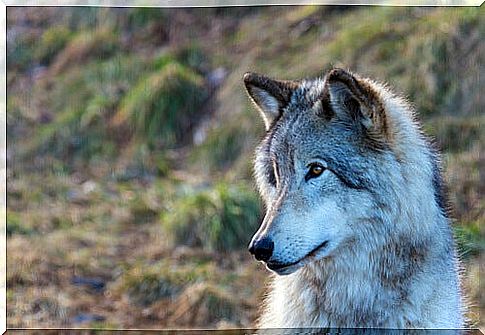
Contrary to what we can imagine, little Marcos did not want to return to society. As a child he was received beatings by his stepmother and neglect by his father. He had experienced hatred, cruelty, hunger and poverty on his skin; therefore, he refused everything connected with that world.
In the new context, however, he felt loved by animals: by foxes, mice and above all by wolves, who took care of him like no one had done before.
The anthropologist who wrote the thesis on this case, Gabriel Janer, says that Marcos did not invent anything, but that he tried to imagine a love that could satisfy his need for affection, that affection he never received as a child and that wolves they gave him. Thanks to them, Marcos felt loved and pampered, and this allowed him to find happiness in nature. Marcos does not know whether to consider the day he was found by the police in positive or negative terms, because from that moment the hard life of the man began for him. In his opinion, much harder than that in the middle of nature.
Life in society
Returning to live in society meant doing unappetizing things: working to earn money with which to buy food, personally suffering the envy, resentment and derision of other men. According to Marcos, none of this happens when you live with wolves.
Ever since he set foot in the world of humans, he has always been a victim of deceptions, he has always met people who have tried to take advantage of his naivety. “I didn’t know what money was, and I didn’t care. I didn’t understand why they were needed to have an apple. “
Society as we know it inculcates in man some needs which in reality he does not need. They are false necessities.
People suffer from these pseudo-needs, but they don’t know they already have everything they need to live well. The deceptive advertising with which we are bombarded carries a lot of weight, but we are the ones who enhance its effect when we support the ideas defended by others, which respond only to their interests.
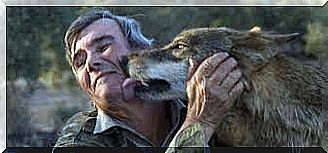
Marcos has not yet understood why we complain so much in a world of abundance: it is not necessary to hunt, the clothes are ready to be worn, we have drinking water available and living with a roof over our heads is normal and simple… so?
We live in a society that wants to control us, manipulate us to make us yield and act in a certain way: to consume, to wake up at a specific time, to dress in a certain way, to find a certain type of job. Such denaturalization fills us with heavy feelings of anxiety.
Marcos tells us that before these things didn’t happen to him, before he lived in the present. “All I knew was that the sun would rise, and that night would come after, nothing else.”
It is clear that none of us will live the life of Marcos, but if we started to get rid of the senseless necessities, we would be doing ourselves a great favor. Walking with a lighter luggage and observing the abundance around us will give us wings and clarity to chase away all this unnecessary suffering.
